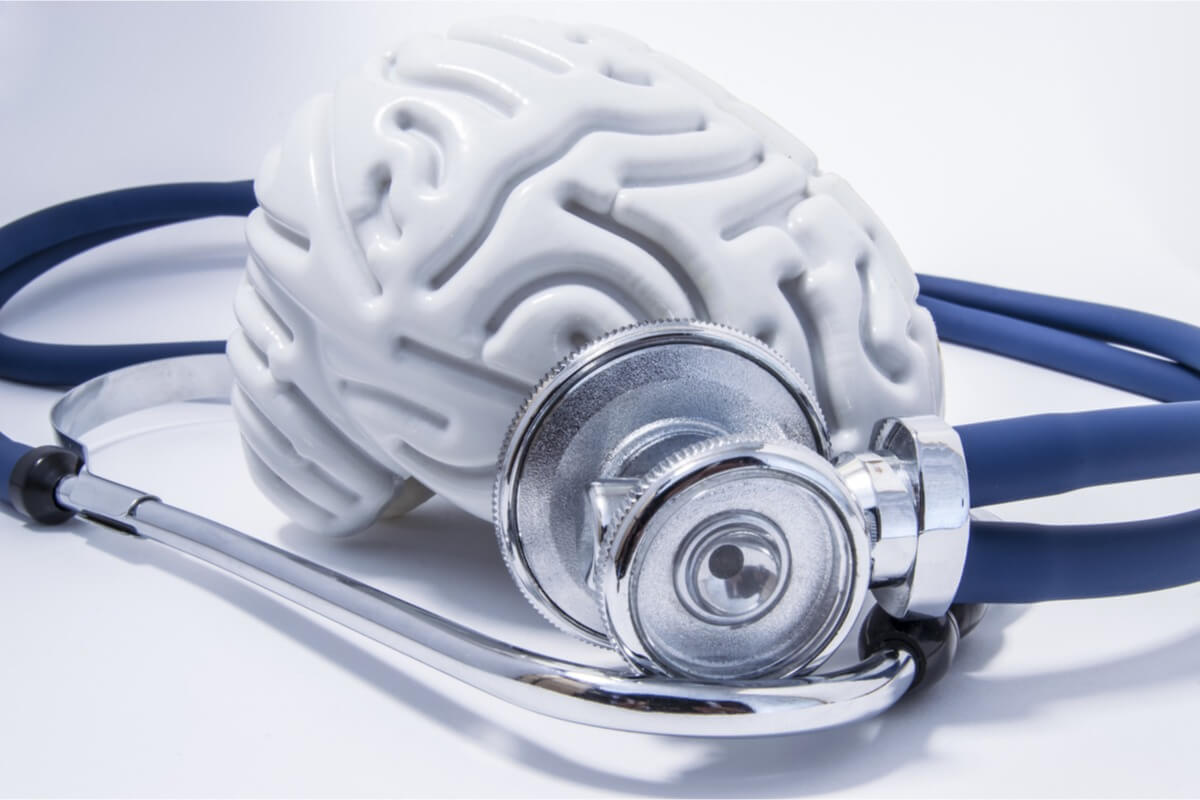
Partner at AKD Lawyers
Practice Areas: Insurance Claims

Car accidents can be life-changing events, causing not only physical injuries but also psychological impacts that may not be immediately visible. Recognizing signs of Traumatic Brain Injury (TBI) and Post-Traumatic Stress Disorder (PTSD) is crucial for timely diagnosis and treatment. This guide will help you understand these conditions, their symptoms, and the steps you should take if you suspect you’ve been affected.
Understanding Traumatic Brain Injury (TBI) and Post-Traumatic Stress Disorder (PTSD)
What is TBI?
Traumatic Brain Injury (TBI) occurs when an external force impacts the brain, causing damage. In car accidents, your head can suffer from impacts or sudden movements that jostle the brain inside the skull. This can lead to various degrees of injury, from mild concussions to severe brain damage.
What is PTSD?
Post-Traumatic Stress Disorder (PTSD) is a mental health condition triggered by experiencing or witnessing a traumatic event, such as a car accident. Unlike physical injuries, PTSD affects your emotional and psychological well-being, leading to a range of symptoms that can disrupt daily life.
Symptoms to Watch For After a Car Accident
Common Symptoms of TBI
After a car accident, it’s important to be aware of the symptoms of a TBI. These can vary depending on the severity of the injury:
- Physical Symptoms: You might experience headaches, dizziness, or blurred vision. Sensitivity to light and sound can also occur. If you have lost consciousness, even briefly, it could be a sign of a serious injury.
- Cognitive Symptoms: Difficulty concentrating, memory problems, and confusion are common. Mood swings and changes in personality can also be indicators.
- Sensory Symptoms: You might notice olfactory issues, such as smelling things that aren’t there or changes in your sense of smell.
- Behavioral and Emotional Symptoms: Irritability, sudden depression, or noticeable changes in behavior can all signal a TBI. Even if you don’t see physical bruising, these symptoms warrant medical attention.

Symptoms of PTSD
PTSD can develop after a traumatic car accident and may manifest through various emotional and psychological symptoms:
- Intrusive Thoughts: Constantly reliving the accident or experiencing flashbacks.
- Avoidance Behavior: Steering clear of anything that reminds you of the accident.
- Nightmares and Anxiety: Troubling dreams or excessive anxiety about the accident or similar events.
- Negative Thoughts and Mood Swings: Persistent negative thoughts about yourself, others, or the world, alongside sudden mood changes.
- Difficulty with Relationships and Substance Abuse: Struggling to maintain close relationships or turning to substances as a coping mechanism.
Why Early Detection is Crucial?
Hidden Nature of TBIs and PTSD
Both TBI and PTSD may not show immediate symptoms. Some effects, particularly those related to brain injuries, can develop slowly over time. Adrenaline and stress from the accident can mask symptoms, making it essential to seek medical evaluation even if you feel okay initially.
The Role of Adrenaline
Adrenaline can cause a temporary masking effect, where you might not notice the extent of your injuries immediately. This is why it’s important not to delay seeking medical care.
Importance of Medical Evaluation
Immediate medical evaluation is vital for identifying TBIs. Tools like CT scans and MRIs can reveal internal injuries that are not visible externally. For PTSD, a mental health evaluation can diagnose and start treatment early, improving your chances of recovery.
Medical and Legal Implications of TBIs and PTSD
Treatment Options
Treating TBIs and PTSD involves a combination of medical and psychological interventions:
- For TBIs: Treatment may include rehabilitation therapies, medications, and in severe cases, surgeries. Long-term rehabilitation might be necessary, depending on the injury’s severity.
- For PTSD: Therapy options include Cognitive Behavioral Therapy (CBT), Eye Movement Desensitization and Reprocessing (EMDR), and medications to manage symptoms and help you cope with the trauma.
Legal Rights and Compensation
If you’ve suffered a TBI or PTSD due to a car accident, you might be entitled to compensation for medical expenses, lost wages, and ongoing care. Understanding your legal rights is crucial, as these conditions can have significant financial and personal impacts.
Navigating the Legal Process After a Car Accident
Why You Might Need a Lawyer?
Dealing with the aftermath of a car accident can be overwhelming. A lawyer can help you navigate the complexities of filing a claim and securing compensation. They will ensure that you receive the necessary support and compensation for your injuries and losses.

Steps to Take If You Suspect a TBI or PTSD
If you think you might have a TBI or PTSD, follow these steps:
- Seek Immediate Medical Attention: Get evaluated by a healthcare professional to diagnose any physical or psychological injuries.
- Document Symptoms: Keep track of your symptoms and any changes in your condition. This information will be helpful for medical evaluations and legal claims.
- Consult a Lawyer: Contact a lawyer to discuss your case and understand your rights. They can guide you through the legal process and help you obtain the compensation you deserve.
How Alvendia, Kelly & Demarest Can Help?
Legal Support for Accident Victims
Navigating the legal aspects of an accident claim can be complex. Alvendia, Kelly & Demarest offer specialized legal support for accident victims, helping them secure compensation for their injuries and losses. Their services include free consultations and case evaluations to understand the specifics of your situation and provide tailored legal advice.
Get Your Free Consultation
Contact us at 504-618-1638 or online for a free consultation. Our experienced team is here to assist you in getting the compensation you need to recover and move forward.
Conclusion
Recognizing the signs of TBI and PTSD after a car accident is essential for obtaining timely treatment and support. Early detection and intervention can significantly impact your recovery and overall well-being. Remember to seek immediate medical attention, document your symptoms, and consult with legal professionals to protect your rights and secure the necessary compensation. If you need assistance, don’t hesitate to reach out to Alvendia, Kelly & Demarest for expert legal guidance.
Categories

In 2003, after being dissatisfied with the quality of legal care for victims of car accidents, Roderick ‘Rico’ Alvendia sought to establish a new firm focused on providing high-quality legal services to aid injured victims and their families. J. Bart Kelly, sharing Rico’s passion for upholding justice, joined the firm later that year, and established a partnership.






